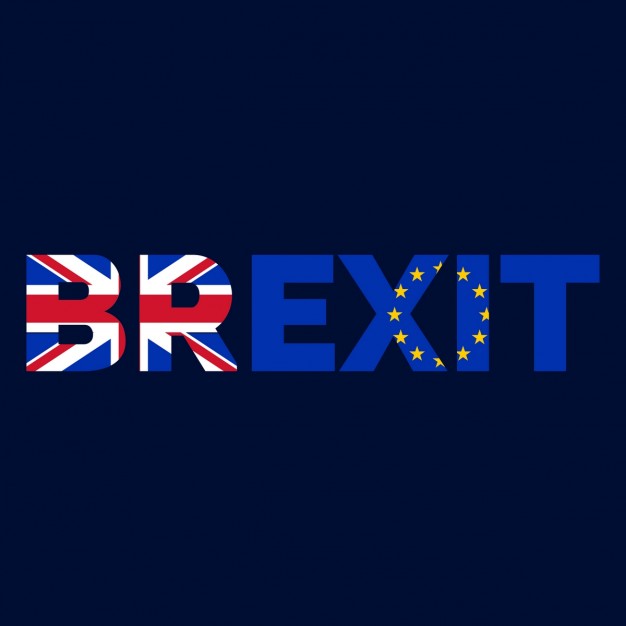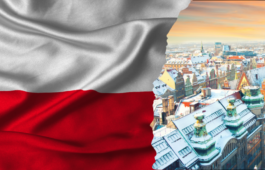- 14 April 2017
- The Migration Bureau
- No Comments

Brexit : All you need to know

What is ‘Brexit’
Brexit is an abbreviation for “British exit,” referring to the UK’s decision in a June 23, 2016 referendum to leave the European Union (EU). The vote’s result surprised pollsters and roiled global markets, causing the British pound to fall to its lowest level against the dollar in 30 years. Prime Minister David Cameron, who called the referendum and campaigned for Britain to remain in the EU, resigned on July 13. Home Secretary Theresa May, who had replaced Cameron as leader of the Conservative party a couple of days earlier, then succeeded him as Prime Minister.
“Leave” won the referendum with 51.9% of the ballot, or 17.4 million votes; “Remain” received 48.1%, or 16.1 million. Turnout was 72.2%. The results were tallied across the UK, but the overall result conceals stark regional differences: 53.4% of English voters supported Brexit, compared to just 38.0% of Scottish voters. Because England accounts for the vast majority of the UK’s population, support there swayed the result in Brexit’s favor. If the vote had only been conducted in Wales (where “Leave” also won), Scotland and Northern Ireland, Brexit would have received just 43.6% of the vote.
The process of leaving the EU formally began on March 29, 2017, when May triggered Article 50 of the Lisbon Treaty. The UK has two years from that date to negotiate a new relationship with the EU. Questions have swirled around the process, in part because Britain’s constitution is unwritten and in part because no country has left the EU using Article 50 before (Algeria left the EU’s predecessor through its independence from France in 1962, and Greenland – a self-governing Danish territory – left through a special treaty in 1985).
On November 3, 2016, Britain’s Supreme Court ruled that the government does not have the authority to trigger Article 50 under the royal prerogative, but needs Parliament’s approval to do so (it also ruled that the devolved assemblies of Scotland, Northern Ireland and Wales cannot veto Brexit). The government submitted a bill to the House of Commons, which passed by 498 votes to 114 on February 1. On March 1 the House of Lords added an amendment guaranteeing the right of the 3.2 million EU nationals living in Britain to stay in the country. The following week it added another amendment requiring approval from both houses of Parliament for a final deal with the EU. May had promised that Parliament would have a final say on the deal, but did not include such a provision in the bill.
Longer-Term Effects
Because the exit process could stretch for two years, predictions about Brexit’s future impact on British citizens are mostly speculation; however, experts suggest that Brexit is likely to mean slower economic growth for the country. A slowdown in investments may also lead to fewer jobs, lower pay and higher unemployment rates. Britain relies on the EU as an export market far more than the EU relies on Britain. The absence of seamless access to European markets may also mean fewer exports and foreign investments. Additionally, consumers and employers reacting to “doom and gloom” news about Brexit’s potential fallout alone may contribute to an economic slowdown as companies hire fewer people and consumers spend less money.
In particular, slowed growth in Britain would translate to contraction in Ireland, since exports of goods to the United Kingdom account for nearly one-third of Ireland’s total output. The flow of Irish labor to the United Kingdom might be curbed, which would in turn exert pressure on Irish wages as more people compete for fewer jobs.
Michael Bloomberg, former mayor of New York City and founder of Bloomberg News, pointed out the EU could penalize Britain, imposing harsh limitations, to deter other member states from following its example.
Capital Economics, a research consultancy, stated that Britain’s exit could result in “looser monetary conditions” around the world. According to the firm, Britain’s exit could prolong the European Central Bank’s (ECB) bond-buying program and even increase its size. Similar easing could occur in Britain: “The Bank of England is likely to keep interest rates low for longer and, if necessary, may even announce further policy easing,” an analyst at the firm wrote in a note.
Sterling could continue to take a pounding. If Britain can no longer rely on continental Europe for barrier-free trade and mobility, there is a strong chance that capital will leave the country to avoid getting stuck there. In other words, investors may sell pounds (or pound-denominated assets) to purchase those denominated in dollars, euros, or francs. A sharp fall could last for longer than anticipated as politicians and deal makers try to establish new trade agreements and economic pacts that can take many months or even years to ratify.
Furthermore, if the domestic economy of the UK does slip into recession, it will keep the Bank of England from raising interest rates to protect the currency, further compounding the problem.
Upsides for Some
On the other hand, a weak currency that floats on global markets can be a boon to UK producers who export goods. Industries that rely heavily on exports could actually see some benefit. In 2015, the top 10 exports from the UK were (in USD):
- Machines, engines, pumps: US$63.9 billion (13.9% of total exports)
- Gems, precious metals: $53 billion (11.5%)
- Vehicles: $50.7 billion (11%)
- Pharmaceuticals: $36 billion (7.8%)
- Oil: $33.2 billion (7.2%)
- Electronic equipment: $29 billion (6.3%)
- Aircraft, spacecraft: $18.9 billion (4.1%)
- Medical, technical equipment: $18.4 billion (4%)
- Organic chemicals: $14 billion (3%)
- Plastics: $11.8 billion (2.6%)
Some sectors are prepared to benefit from an exit. Multinationals listed on the FTSE 100 are likely to see earnings rise as a result of a soft pound. A weak currency may also benefit tourism, energy and the service industry.
In May 2016, the State Bank of India (SBI) , India’s largest commercial bank, suggested that the Brexit will benefit India economically. While leaving the Eurozone will mean that the UK will no longer have unfettered access to Europe’s single market, it will allow for more focus on trade with India. India will also have more room for maneuvering if the UK is no longer abiding by European trade rules and regulations.










